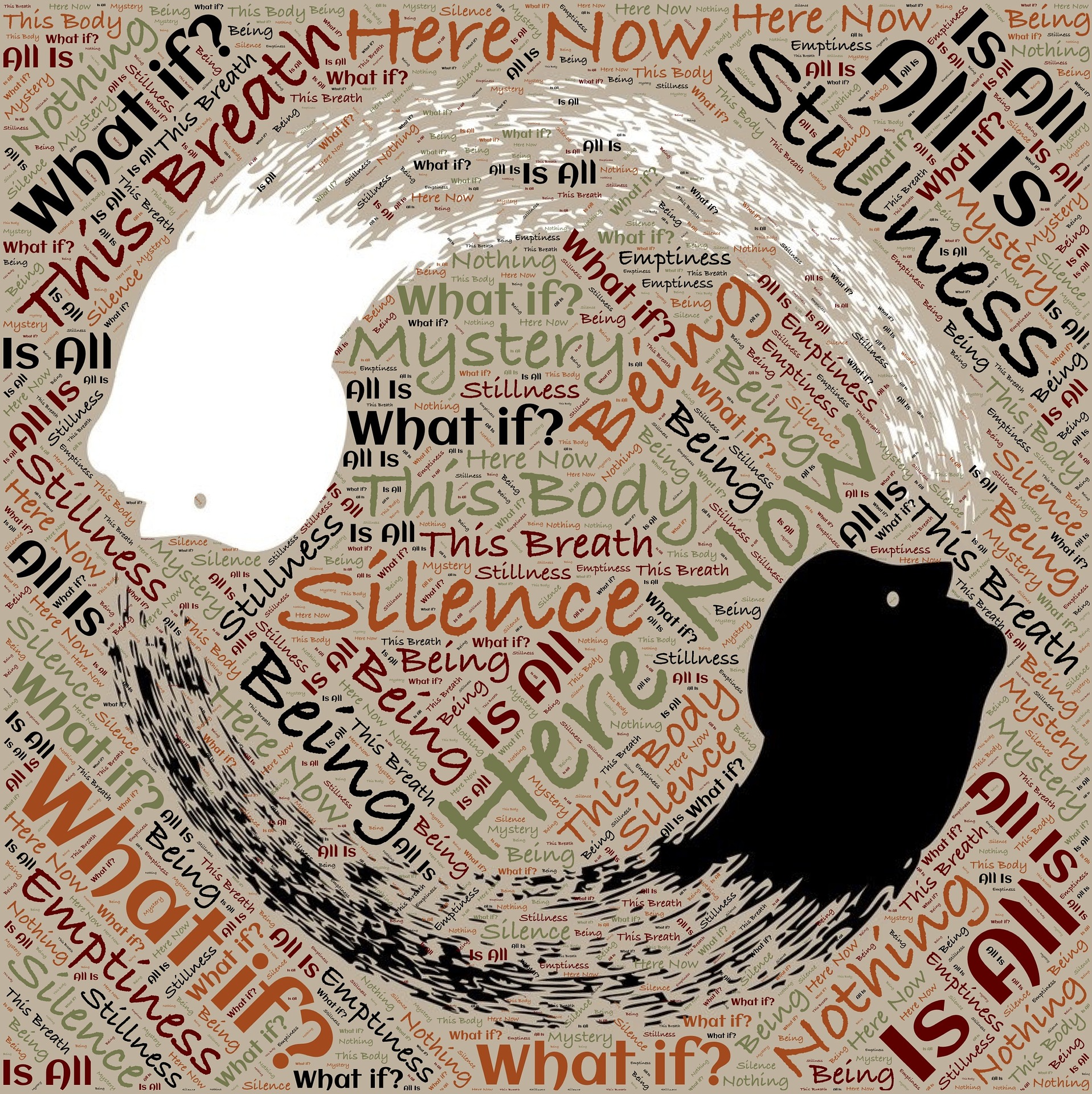Knowledge management systems drive me crazy! They are often so convoluted and contrived that you require a PHD in just about everything to extract information / knowledge. The context of the information is often wrong or the information is so sparse that is it useless.
You can however create some basic building blocks that will ensure your organisation uses it’s information and knowledge constructively. In order to do this you need to break down all the barriers that are often in place when it comes to managing knowledge. Many of these are barriers are a reflection of our own inability or reluctance to share knowledge.
The first, and what I believe the most damaging, fallacy is the idea that “Knowledge is Power.” Somehow, through a process of broken telephone, the message has been misinterpreted. I believe the original truth was “The proper use of knowledge is powerful.”
This is followed very closely by the notion of scarcity of knowledge. If we keep knowledge to ourselves, we become as valuable as the knowledge has become. This idea was corrupted from the skills revolution where, if you had a specific skill, you were in more demand than a person who didn’t have this skill. Built into this skill was a set of specific knowledge that enabled you to have this skill. What has been lost is that your specific use of the knowledge made you valuable – not the knowledge itself.
With the vastness of the Internet most things are known – I mean things like how to bake a chocolate cake, make a car, design a logo or paint a masterpiece, yet many of us can do none of these or do all of them very poorly. Clearly the knowledge is not at fault as all people have access to this knowledge. It must be the way we use the knowledge that creates the ‘special me’ that is valuable.
So in order to encourage innovation and skills excellence you need readily available information and knowledge. This knowledge must not only be accessible but it must be dynamic enough to change as required within you organisation. This is where most electronic systems, with their security to protect and classify information and subsequent knowledge do the most damage. To date I have only found two types of data capturing tools that allow for the human condition viz. spreadsheets and wikis. Spreadsheets are the realm of daredevils and maniacs (in my humble opinion) as they have no built in mechanism to restore or compare inaccuracies. They also contain many hidden ways in which to manipulate information that goes beyond us mere mortals.
Wikis on the other hand are an interesting choice of information and knowledge repository. They are dynamic enough to capture anything, they can be changed by just about anyone and they keep a constant automatic record of all revision of the document in question. They get my vote as the first bit of technology you should use to start documenting your organisation knowledge.
As time goes by you will find that you will outgrow your wiki – but the process of doing that would have instilled some amazing discipline, process awareness and most importantly – you would have captured much of the tacit knowledge in your organisation and made it available and explicit. This in turn will allow your employees and leaders to be able to be innovative, creative and grow your organisation within the boundaries of your objectives – a very safe way to manage knowledge I would say.




